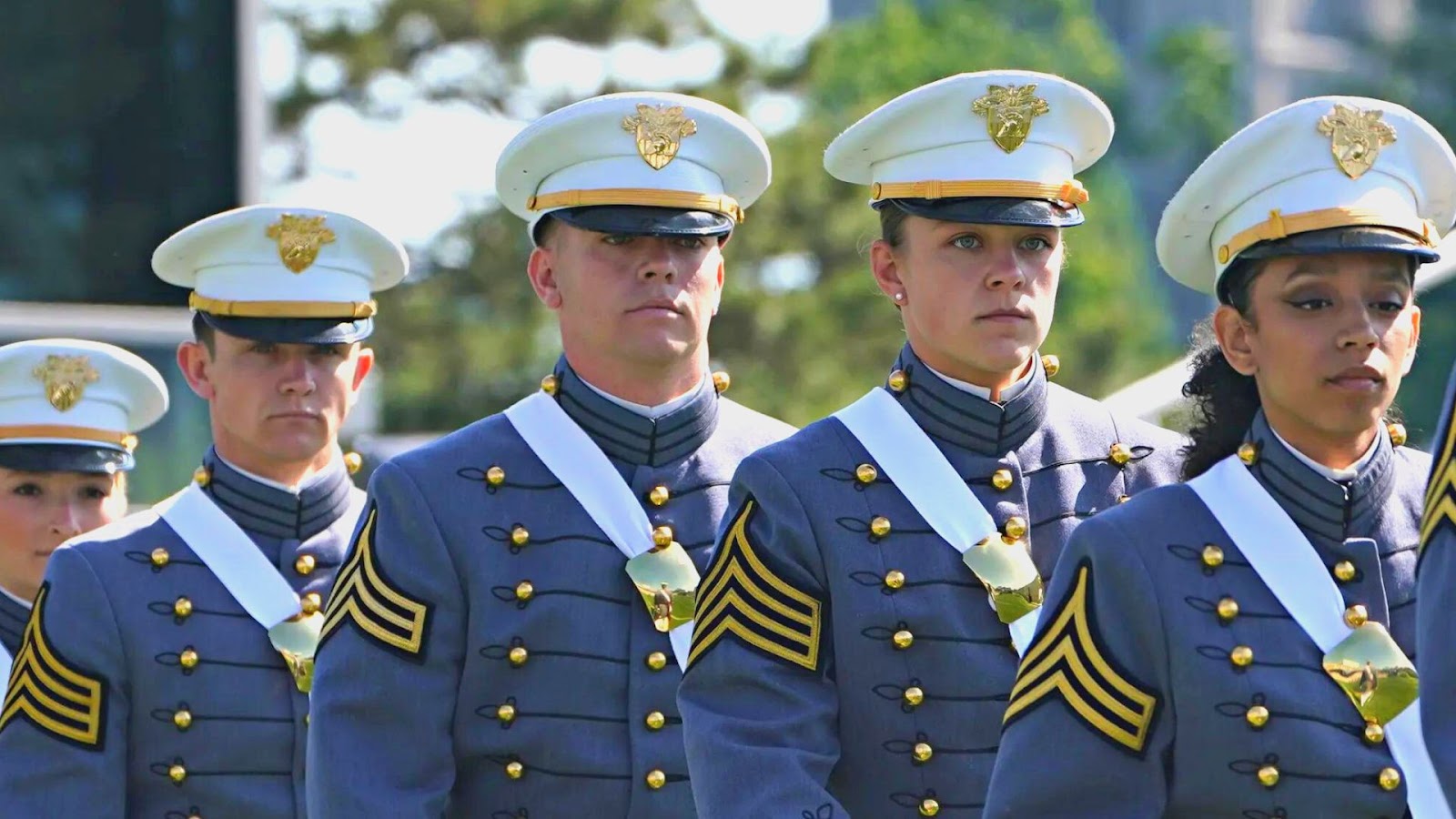 |
| Military Academy |
Militarymedia.net | If you're asking yourself, "How do I prepare for a military academy?" you've already taken the first step towards an incredible journey. Preparing for a military academy is a challenging but rewarding process. This guide will provide you with a comprehensive roadmap, expert insights, and answers to frequently asked questions to help you succeed in your pursuit.
The Importance of Physical Fitness
Physical fitness is the cornerstone of preparing for a military academy. It's crucial for both your application and your success at the academy. Regular exercise and a healthy lifestyle are essential.
Preparing for a military academy involves:
- Cardiovascular Endurance: Engage in activities like running, swimming, or cycling to improve your stamina.
- Strength Training: Focus on building core strength, upper body strength, and endurance.
- Nutrition: Maintain a balanced diet rich in protein, vegetables, and whole grains to fuel your body.
Academic Excellence
Military academies demand high academic standards. Excelling in your studies is crucial for your application. Prioritize your academics by:
- Maintaining High GPA: Strive for an excellent grade point average in high school.
- ACT/SAT Scores: Prepare and aim for high scores on these standardized tests.
- Advanced Placement (AP) Courses: Take AP courses to demonstrate your academic rigor.
- Extracurricular Activities: Engage in clubs, teams, or volunteer work to showcase a well-rounded personality.
Leadership and Character Development
Military academies seek individuals with leadership potential and strong character. Build these qualities by:
- Joining Leadership Programs: Participate in programs like JROTC to develop leadership skills.
- Character Building: Embrace integrity, responsibility, and self-discipline.
- Community Service: Get involved in community service to show your commitment to serving others.
Interviews and Recommendations
You'll likely need to attend interviews and obtain recommendations. Make a positive impression by:
- Preparing for Interviews: Practice answering common questions and showcase your passion.
- Seeking Recommendations: Approach teachers, mentors, or community leaders who know you well.
Physical Readiness Tests (PRTs)
Be prepared for the Physical Readiness Tests that military academies require. These typically include push-ups, sit-ups, and a 1-mile run. Practice regularly to meet and exceed the standards.
Essay Writing
Many academies require essays as part of the application. Write compelling essays that reflect your aspirations, character, and motivation. Seek feedback from teachers and peers to polish your work.
The Importance of Time Management
Military life is highly structured, so developing good time management skills is crucial. Establish routines, prioritize tasks, and adhere to schedules to prepare for the academy's demands.
Preparatory Schools and Summer Programs
Consider enrolling in a military preparatory school or attending summer programs at a military academy. These experiences provide valuable insights and can strengthen your application.
Q: Can anyone prepare for a military academy?
A: Yes, with determination and hard work, anyone can prepare for a military academy.
Q: Is physical fitness the most important aspect of preparation?
A: Physical fitness is vital, but academics, leadership, and character also play key roles.
Q: What's the best way to stand out in an interview?
A: Be genuine, confident, and articulate your commitment to military service.
Q: How can I improve my essay writing skills?
A: Practice regularly, seek feedback, and showcase your unique experiences and motivations.
Q: Are there age restrictions for military academy applicants?
A: Most academies require applicants to be between 17 and 23 years old.
Q: What happens if I don't pass the Physical Readiness Tests initially?
A: You can retake the tests after additional preparation and training.
Preparing for a military academy is a significant undertaking, but with dedication, it's an achievable goal. This guide has outlined the critical steps, from physical fitness to academic excellence, and provided expert insights and answers to common questions. Stay committed, persevere, and you'll be well on your way to success.









